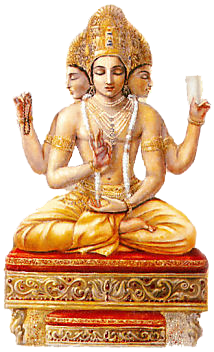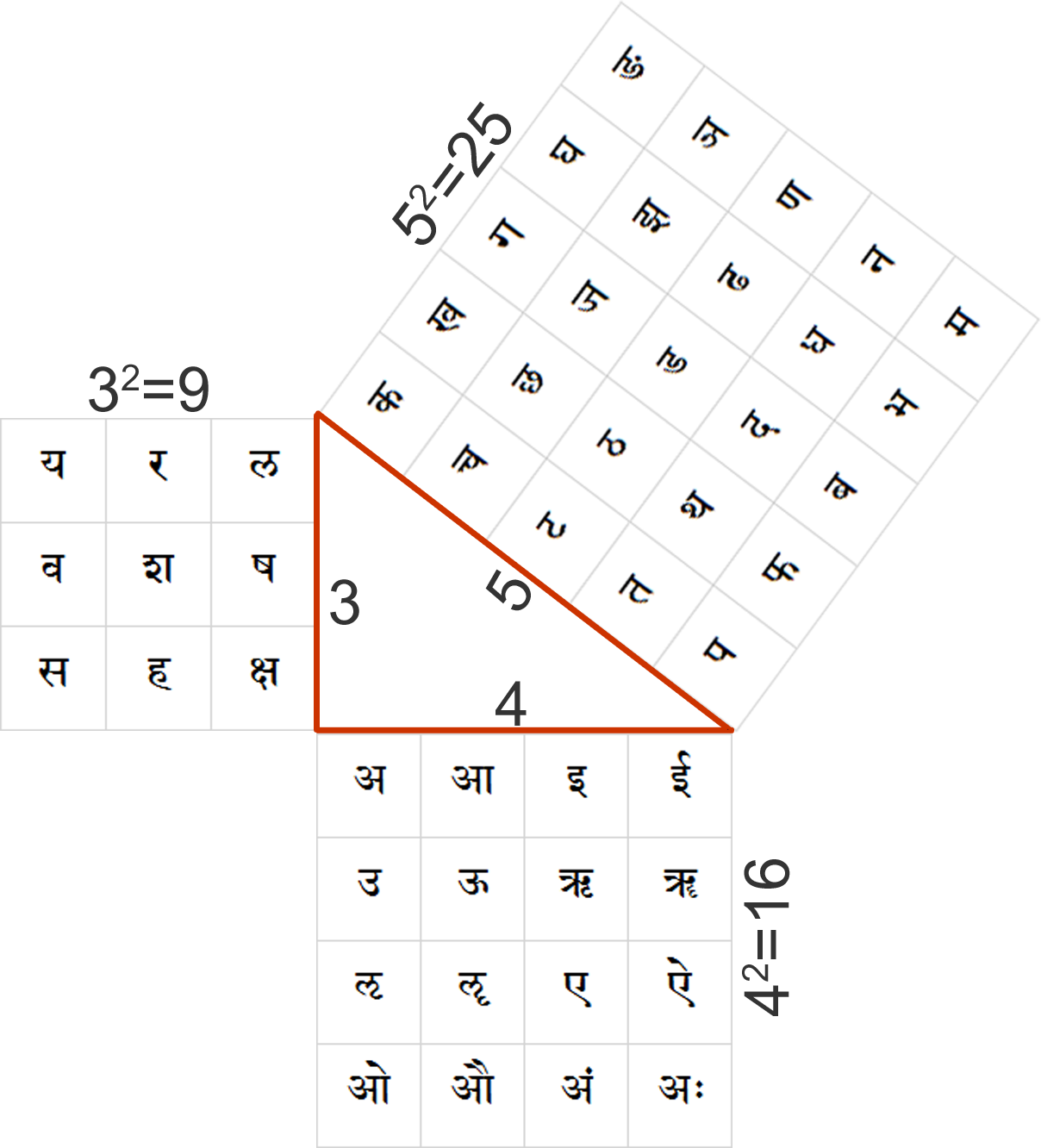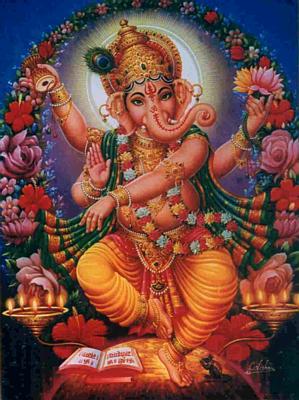Graha Akṣara
You have been invited to a join.me JSP online meeting
Topics
1. Akshara of the Planets
2. Namakshara and Names
Date: Thursday, 9 Mar, 2017
Time: 7:00′ PM (1900 hrs) India Time Click Here for your time
Notes
This is a video conference
Join the meeting: https://join.me/SanjayRath
On a computer, use any browser.











